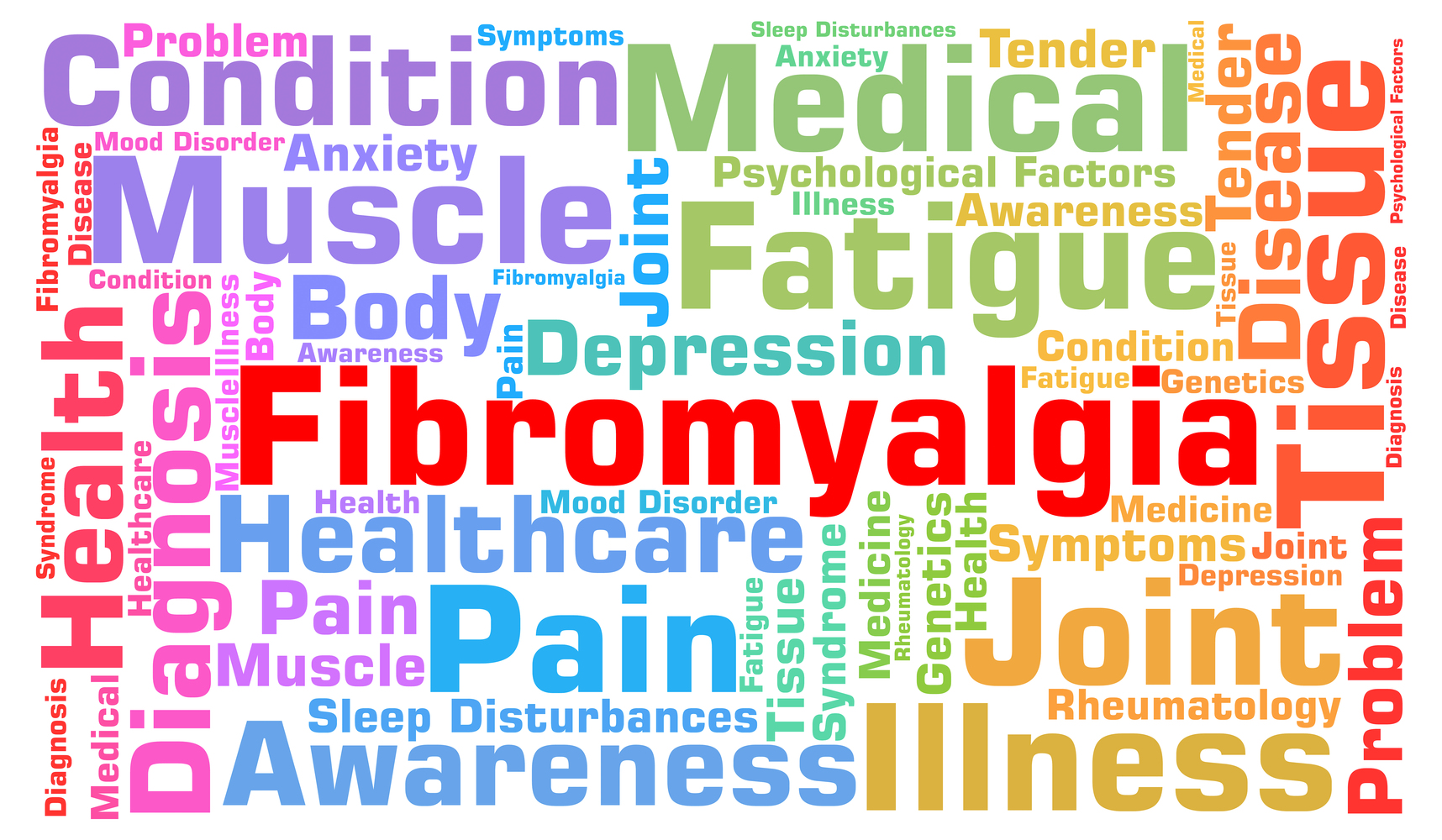
5 Common Fibromyalgia Signs
Fibromyalgia is a condition that can cause widespread pain in the body and problems with sleep, memory, and mood. It is caused by a combination of genetic and environmental factors, including family history, stress, age, and obesity. There is no cure for fibromyalgia, but treatments such as medication, exercise, and relaxation techniques can help manage the symptoms. It’s important to talk to your doctor if you’re experiencing any of these common signs of fibromyalgia:
1. Muscle pain and twitching
One of the most common signs of fibromyalgia is muscle pain. This pain is often described as a deep ache that affects the entire body. People with fibromyalgia may also experience twitches and spasms in their muscles and may feel minor pains more intensely than people without the condition. These pains and twitches are caused by changes in the way that the brain processes pain signals, resulting in increased sensitivity to pain.
2. Chronic tension or migraine headaches
Chronic tension headaches or migraines are common symptoms for many people with fibromyalgia. These headaches can be extremely painful and can make it difficult to function on a day-to-day basis. What’s more, they can be triggered by a number of factors, including stress, weather changes, and bright lights. If you’re experiencing chronic headaches, it’s important to talk to your doctor about treatment options; there are a number of medications that can help to relieve pain and prevent flare ups.
3. Itchy or burning skin
Many people with fibromyalgia also experience itching or burning skin. This can be a symptom of nerve irritation, which is common in fibromyalgia. The itching and burning can be so severe that it interferes with daily activities and sleep. If you are experiencing itching or burning skin, it is important to talk to your doctor to rule out other potential causes and get the treatment you need.
4. Numbness or tingling in hands and feet
Some people with fibromyalgia also experience numbness or tingling in their hands and feet. This symptom is caused by changes in the way that nerves send signals to the brain. As a result, people with fibromyalgia may be more sensitive to touch and temperature changes. If you’re experiencing numbness or tingling, it’s important to talk to your doctor. There are a number of treatments that can help, including medication, physical therapy, and massage.
5. Physical fatigue and brain fog
When people think of fibromyalgia, they often think of the pain that comes with it. But fibromyalgia is often more than just pain. It can also cause fatigue and brain fog, two symptoms that can have a major impact on your quality of life. Fatigue is one of the most common symptoms of fibromyalgia, and it can be extremely debilitating. People with fibromyalgia often describe it as feeling like they’ve been hit by a truck. Brain fog is another common symptom of fibromyalgia. It’s a feeling of confusion and forgetfulness that can make it difficult to concentrate or remember things.



